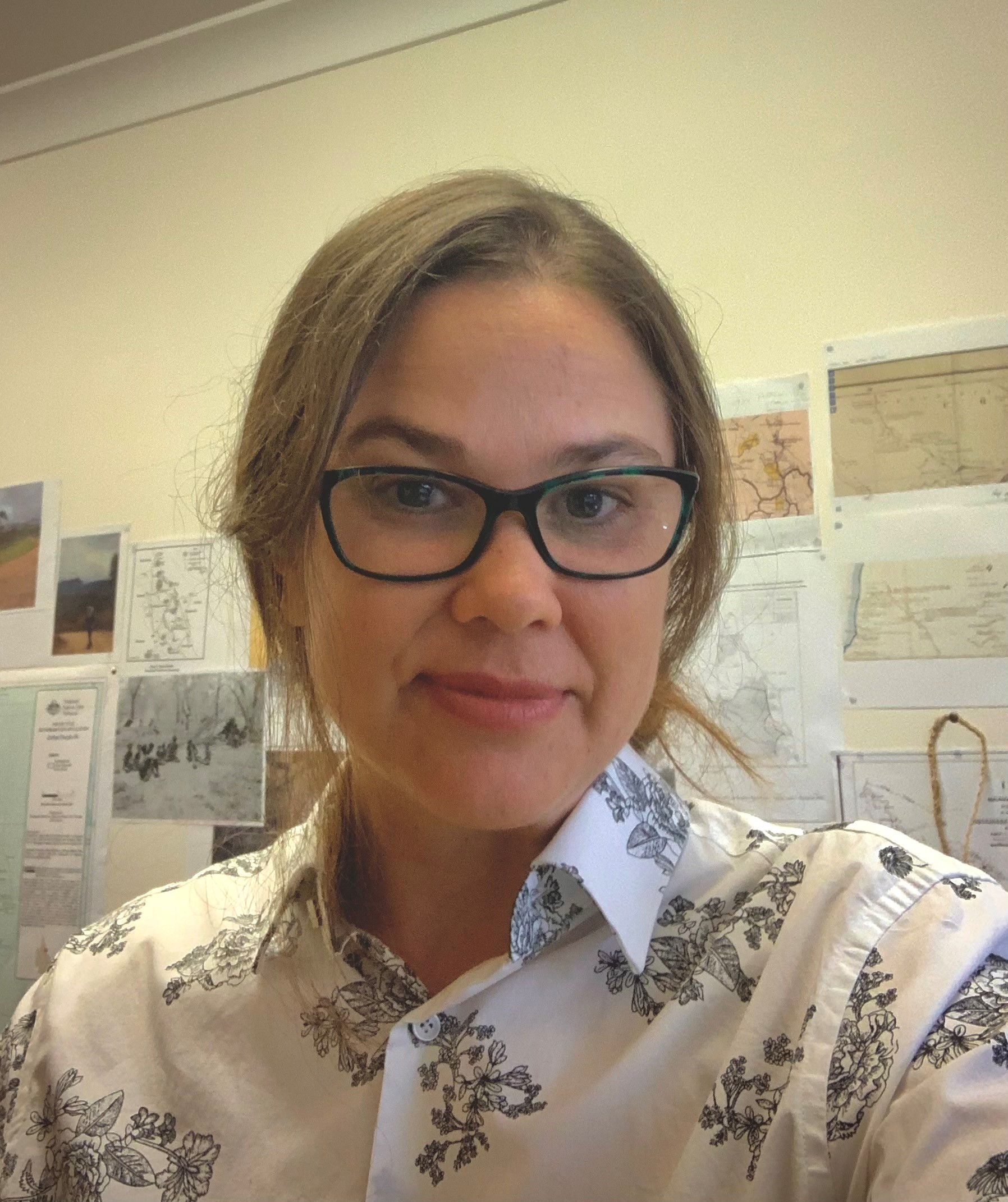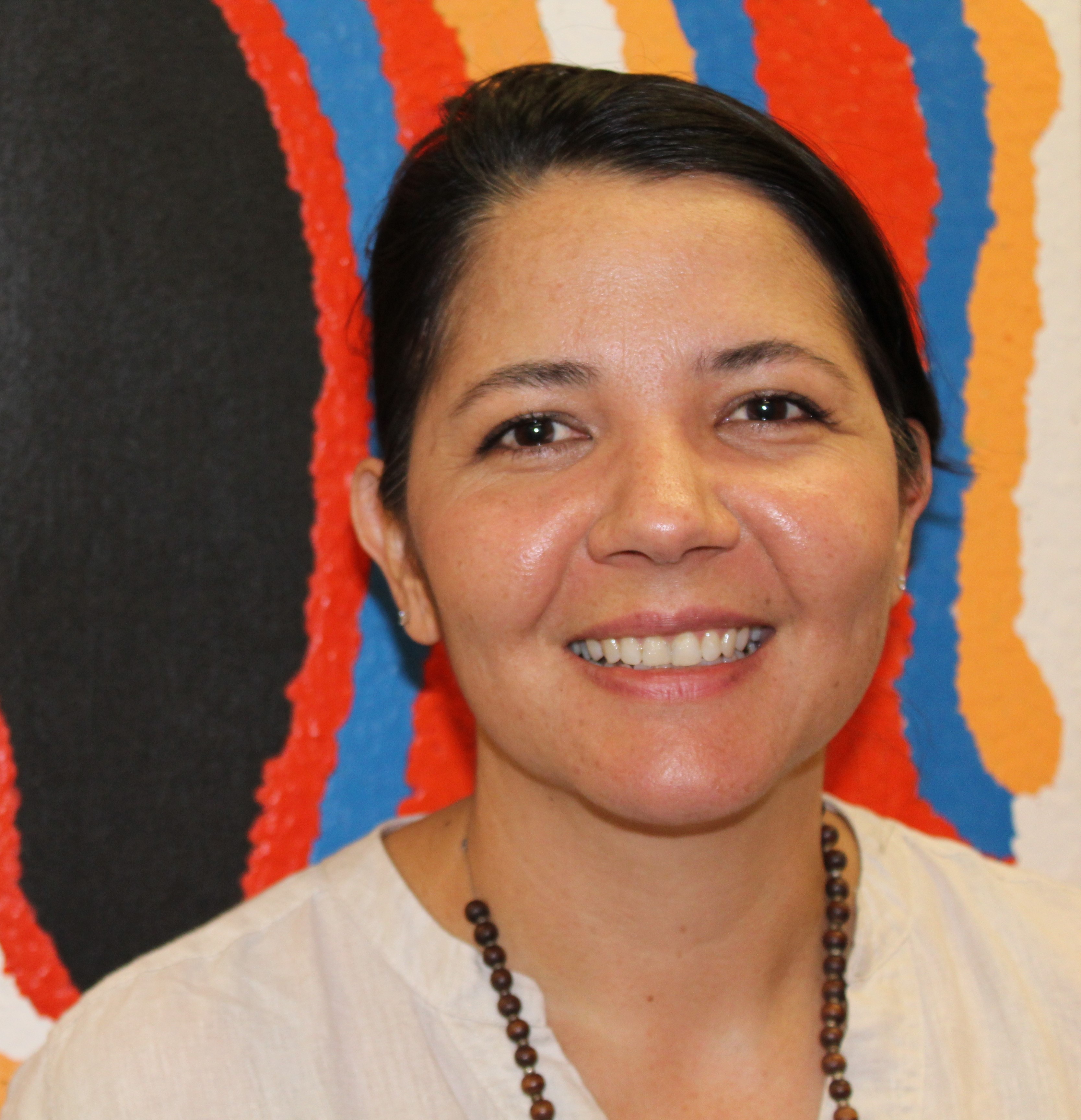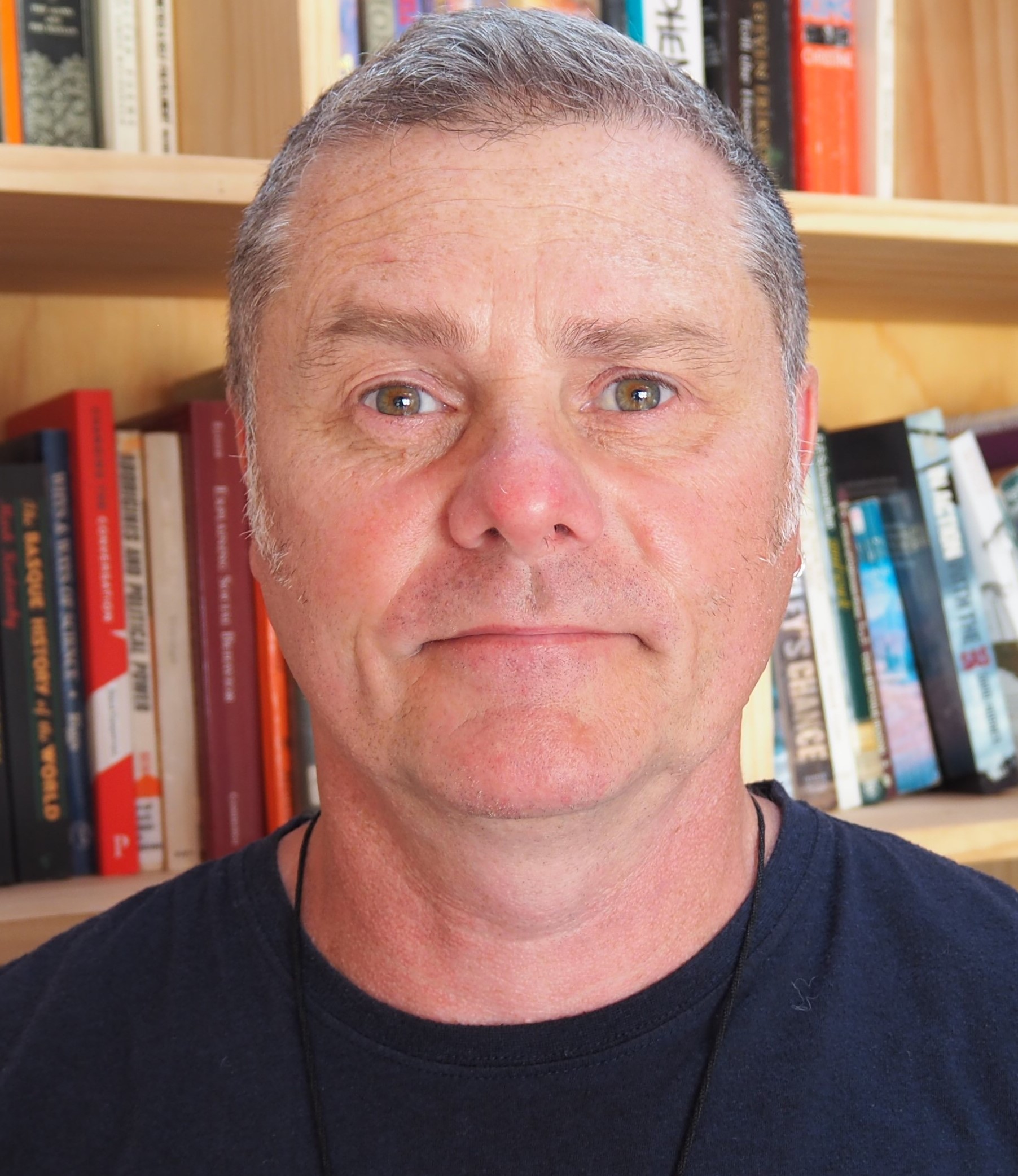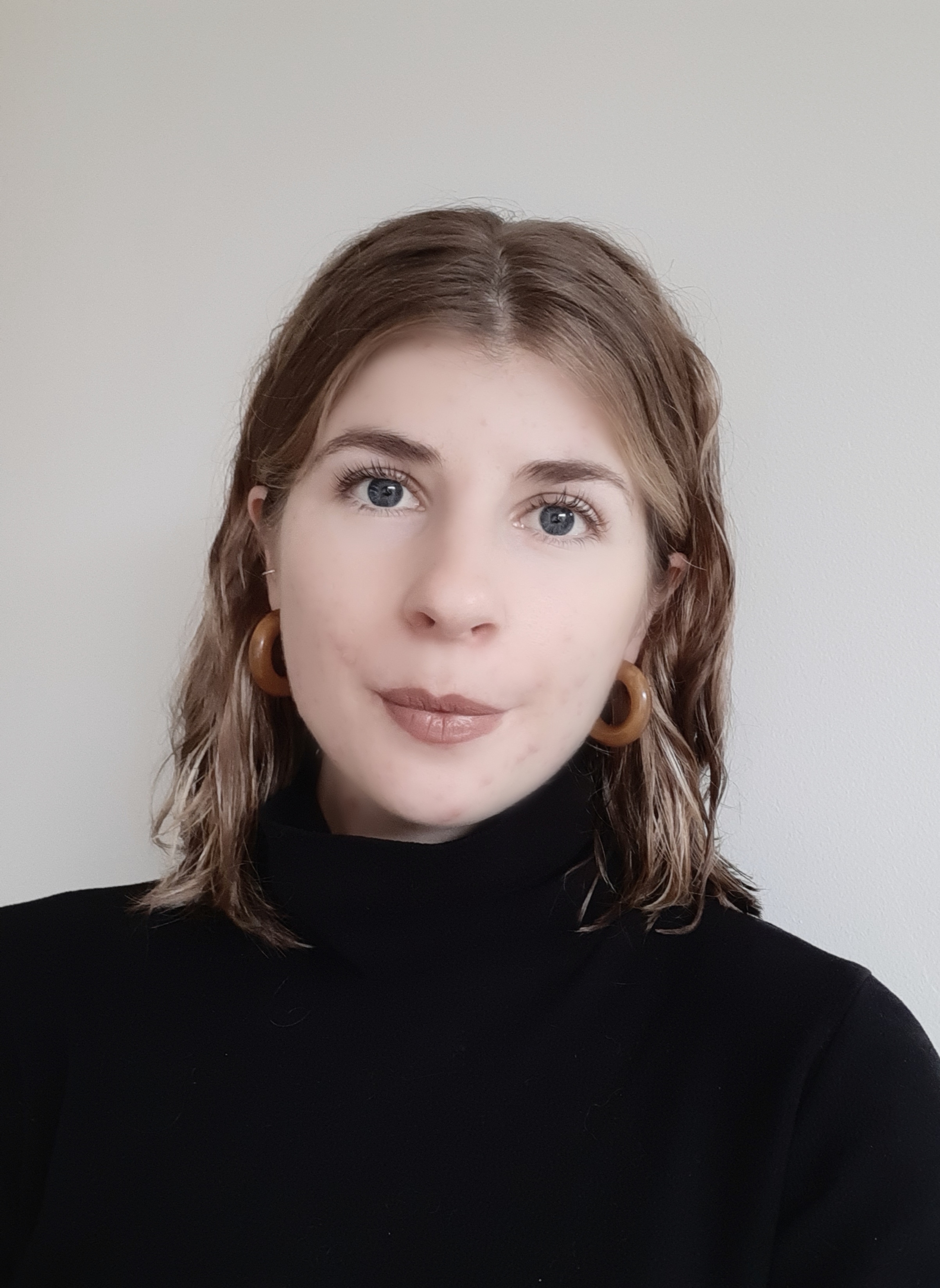CNTA Reflections
New – short opinion pieces of interest to Native Title anthropologists
CNTA is commissioning short opinion pieces, or seeking to publish existing ones, which are of relevance to Native Title anthropologists, and which raise particular issues or challenge existing anthropological practice.
CNTA also welcomes suggestions or submissions for papers to be added to this page. It is envisaged that these papers would include, but not be limited to, both the process of developing Native Title claims and the post-determination period. In this latter arena, CNTA would be particularly keen to have opinion pieces pertaining to anthropological involvement in post-claim governance of the Native Title (e.g. PBC matters), conflict mediation, community development, and the like.

David Trigger: Thoughts on Native Title, culture and coexistence in Australia
Anthropologists and others may find the attached paper of interest. It is drawn from an interview with David Trigger, which is published in the journal Post Colonial Cultures: Studies and Essays.

Pascale Taplin: Why Native Title anthropologists should care about conspiracy theories
Pascale Taplin has worked for over 20 years in the Northern Territory and Far North Queensland, in diverse areas from youth diversion to plant ecology and plenty in between. In recent years Pascale has specialised in Native Title anthropology. Recently Pascale became aware that there are serious goings on in the wider world, such as belief in conspiracy theories (BCTs), that demand her immediate attention. In this paper, Pascale explores what native title anthropologists might have to do with this social phenomenon. In this example of anthropology’s capacity to link apparently unconnected epistemologies, Pascale proposes that there are compelling reasons for paying attention to the place of beliefs in conspiracy theories, not least because Native Title claimants on occasion can bring conspiracy theories into their engagement with the Native Title process. The machinations of global disinformation wars might seem worlds away from our native title practice, Pascale observes, but in her experience fragments of their fallout may already be at our doorstep.

Tahnee Innes: The Archive and the Cassowary
Tahnee is an anthropologist and Yawuru-nation descendant from Broome, Western Australia. Her research interests include Indigenous curatorship, art and ethnography, and socio-political landscapes. Currently, she works in native title with the people of Cape York. In this short and thought-provoking paper, Tahnee uses the analogy, drawn from a conversation with an Elder of the Dyirbal people of the north Queensland rainforests, of a body of repatriated artifacts and information as being like a cassowary nest. When we gather eggs in this nest, she was told, they can hatch “like ideas” – but the cassowary watching over the eggs may not allow us to access them.

Dirima Dortch-Cuthbert: Social Surroundings Assessments in Western Australia: some points for consideration
Dirima is an experienced anthropologist and environmental designer, having worked with First Peoples in Western Australia’s South West and Pilbara regions since 1996. While some projects lean more towards anthropology and some more towards environmental design, her cross-disciplinary approach is useful in revealing and regenerating connections between people and places in all projects. In this note, Dirima sets out matters which she considers important for cross-disciplinary consideration regarding what Western Australia’s Environmental Protection Authority’s (2016) refers to as the need to protect not just environmental values but also to protect social surroundings from significant harm.

Michael O’Kane & Courtney Boag: The Intersection of Treaty and Native Title: framing eligibility within ‘minimum standards’
Mick is the Research Manager for First Nations Legal & Research Services. He also currently holds the position of Adjunct Senior Research Fellow at Latrobe University. Courtney is an applied anthropologist with interests in native title anthropology, international development and climate change and disaster resilience. She has been conducting native title research in Western Victoria since 2019.
 The First People’s Assembly of Victoria and the State have announced the formulation of ‘minimum standards’ that Aboriginal groups must meet in order to have standing to negotiate a Treaty or Treaties with the State. However, what these minimum standards will look like remains unclear. In this opinion piece, Michael and Courtney outline some of the complexities of this intersection of modes of recognition of Victoria’s Aboriginal peoples.
The First People’s Assembly of Victoria and the State have announced the formulation of ‘minimum standards’ that Aboriginal groups must meet in order to have standing to negotiate a Treaty or Treaties with the State. However, what these minimum standards will look like remains unclear. In this opinion piece, Michael and Courtney outline some of the complexities of this intersection of modes of recognition of Victoria’s Aboriginal peoples.


